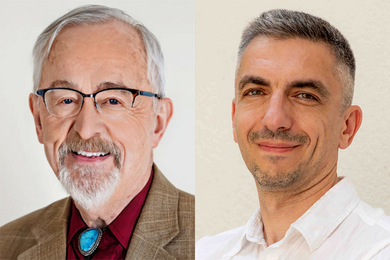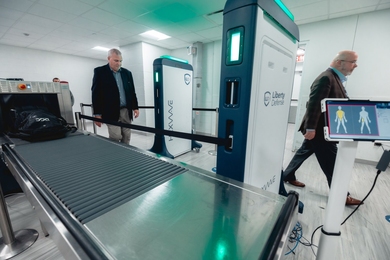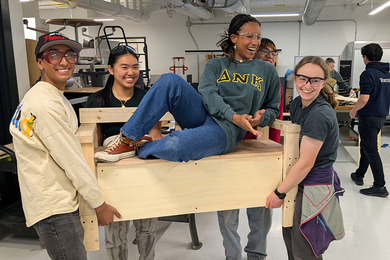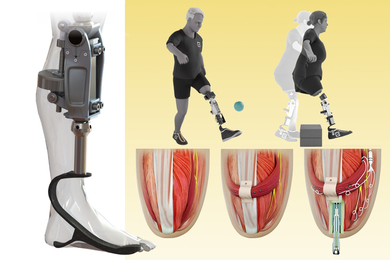Richard M. Stallman, a research affiliate in the Artificial Intelligence Laboratory, is one of three recipients of the first Takeda Foundation award for Techno-Entrepreneurial Achievement for Social/Economic Well-Being.
This new award from Japan's Takeda Foundation is intended to honor and encourage contributions in science and technology that "enhance the value of human life and lead to an increase in the wealth, richness and happiness of life for humanity." It is aimed at individuals who have demonstrated outstanding achievements in creating and applying new engineering intellect and knowledge. An awards ceremony will be held in December.
Stallman shares the prize of $800,000 to $900,000 (100 million yen) with Linus Torvalds and Ken Sakamura, for "the origination and the advancement of open development models for system software--open architecture, free software and open source software."
Sakamura, a professor at the University of Tokyo, started the TRON project in 1984. TRON (The Real-time Operating system Nucleus) is aimed at creating an ideal computer architecture. Torvalds, an employee of Transmeta Corp. of Santa Clara, Calif., developed the Linux operating system in 1991 while at Helsinki University.
Stallman, a 1990 recipient of a "genius grant" from the John D. and Catherine T. MacArthur Foundation, founded the GNU Project in 1984 and is the principal author of several major contributions to free software. GNU is an acronym for "GNU's Not Unix." GNU is an operating system; Linux is a system kernel, one of the major components of an operating system. The GNU/Linux combination is the operating system that has become popular; it is often mistakenly called "Linux."
He is president and founder of the Free Software Foundation, a not-for-profit organization that works for freedom to copy, modify and redistribute computer programs, and of the League for Programming Freedom.
Stallman received a B.A. in physics from Harvard University in 1974 and was a graduate student in physics for a year at MIT. He worked as a computer programmer at the AI Lab from 1971-84, when he resigned to develop free software, continuing to work at the lab as an unpaid MIT research affiliate.
In 1996, Stallman received an honorary doctorate from the Royal Institute of Technology in Sweden, and in 1998, he and Torvalds received the Electronic Frontier Foundation's Pioneer award.
A version of this article appeared in MIT Tech Talk on October 17, 2001.






